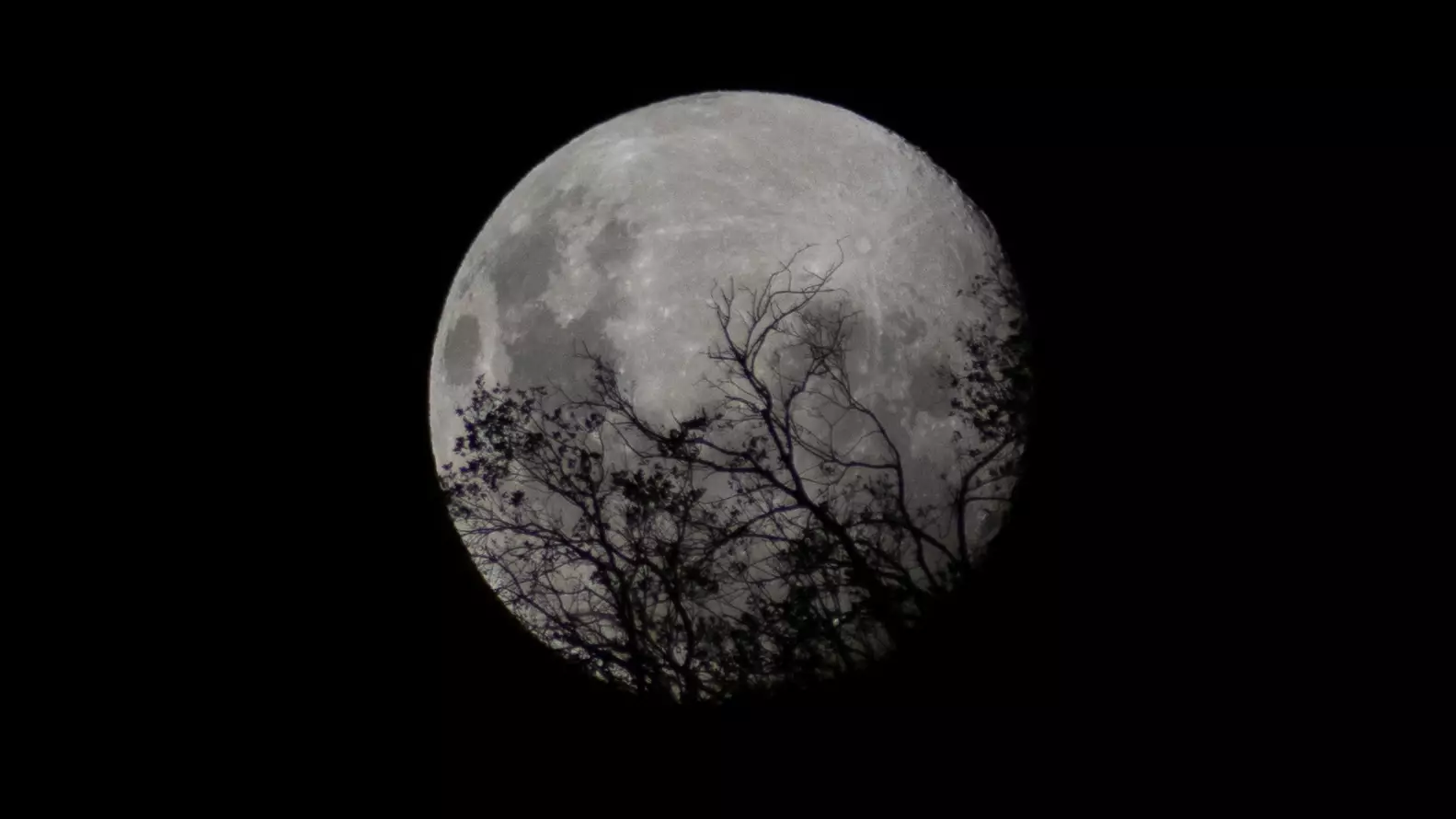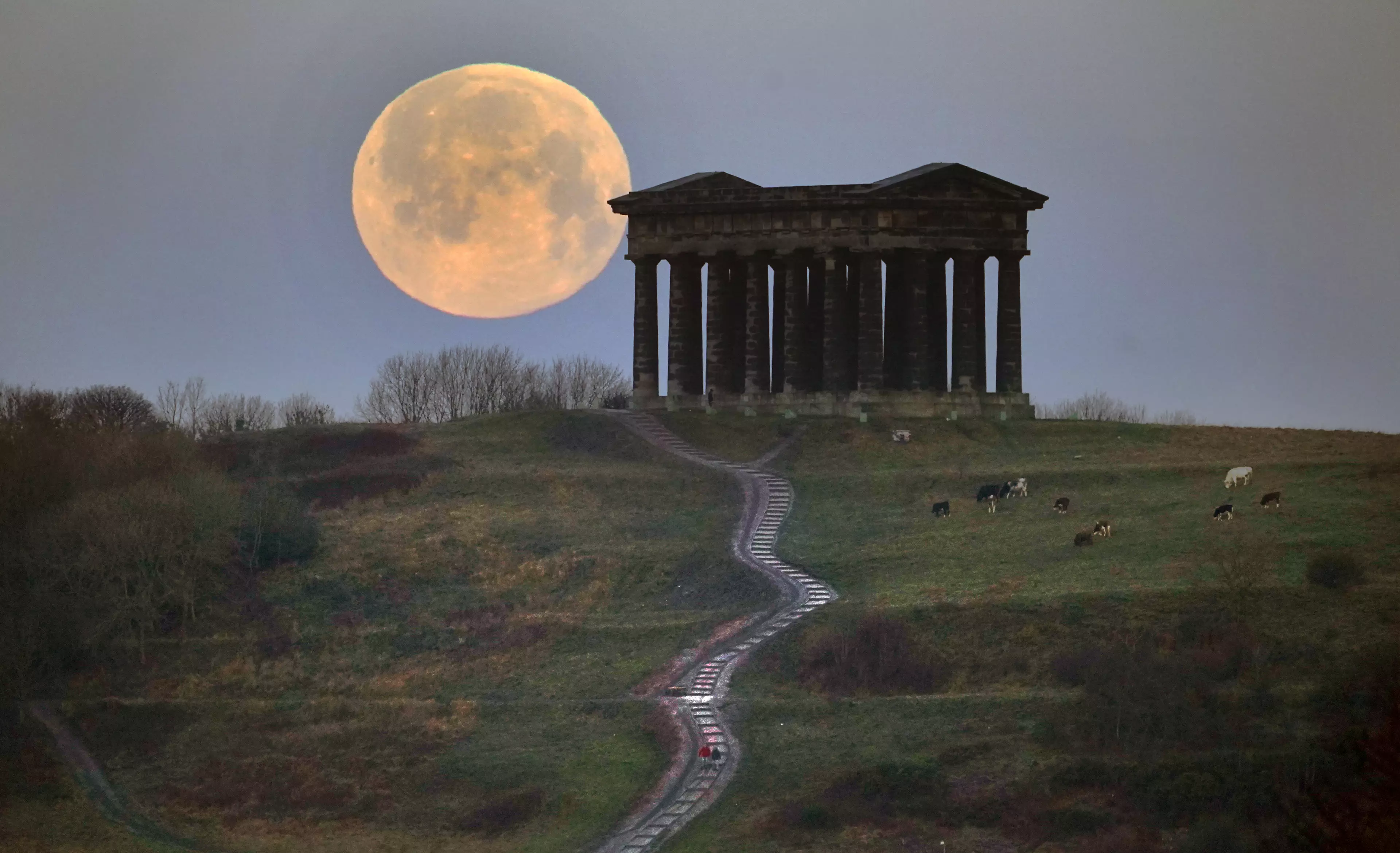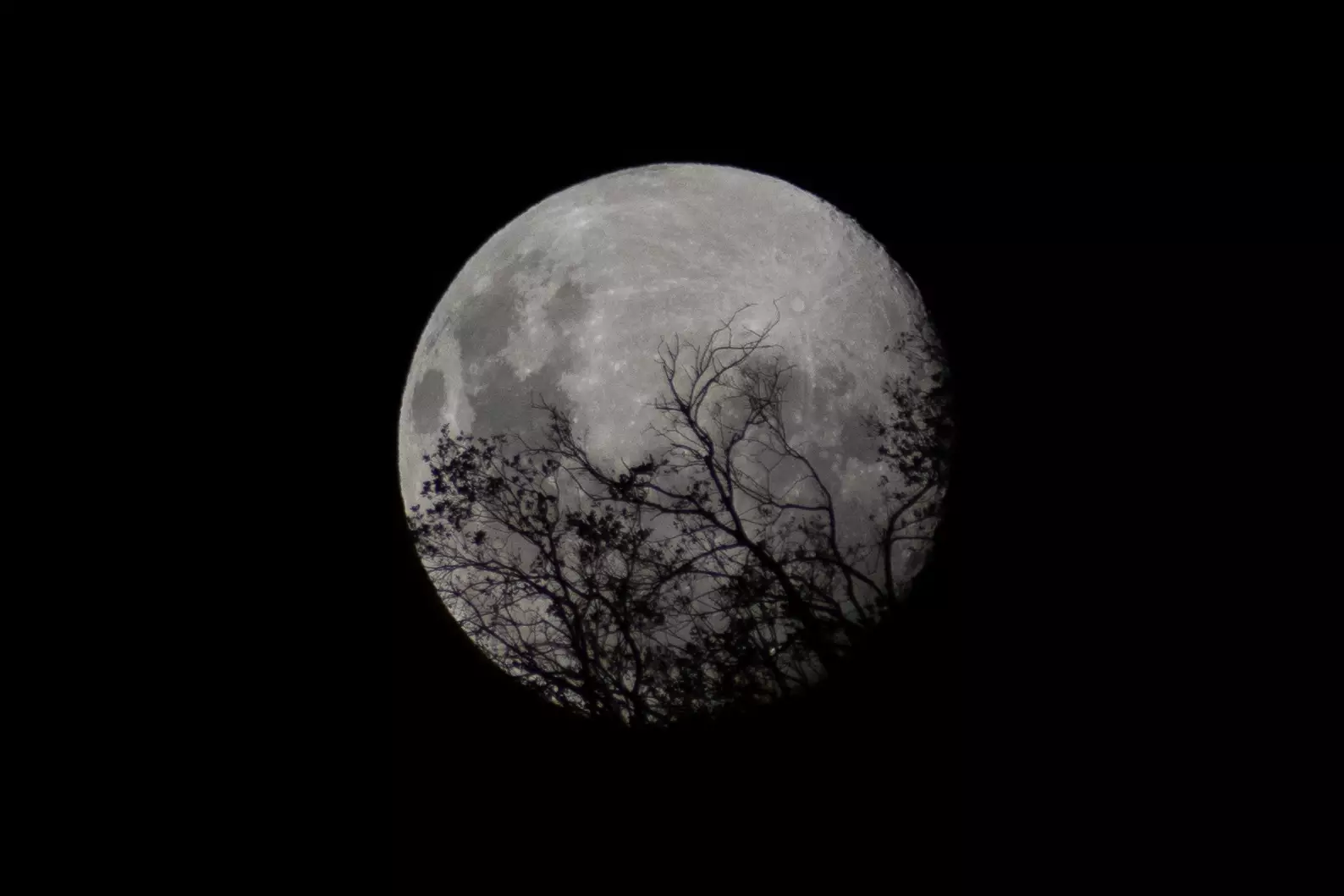
Have you been finding it tougher than usual to get a good night's sleep? Well, according to scientists, it could be down to the moon.
A paper published in Science Advances claimed that our sleep cycle changes during the lunar cycle.
The study - which was carried out by scientists from the University of Washington, Yale, and the National University of Quilmes in Argentina - says that in the days leading up to a full moon, people tend to get to sleep later and sleep for shorter periods.
Advert
Researchers used wrist monitors to track the sleep patterns of 98 participants living in three Toba-Qom indigenous communities in the province of Formosa, Argentina.
Each community differed in the amount of access it had to electricity during the study, with one rural area having no access at all, another rural group having limited access, and a community in an urban environment, which had full access.

This was then repeated in a separate study with 464 Seattle-area college students.
Advert
Researchers discovered that people who had more or less access to electricity both experienced the oscillations - though the differences were less pronounced in urban areas.
In a statement, Professor Horacio de la Iglesia said: "We see a clear lunar modulation of sleep, with sleep decreasing and a later onset of sleep in the days preceding a full moon.
"And although the effect is more robust in communities without access to electricity, the effect is present in communities with electricity, including undergraduates at the University of Washington."
Lead author Dr Leandro Casiraghi said the phenomenon could be to do with how humans have evolved.
Advert
But he added it would need further investigation to understand it further.
He said: "We hypothesise that the patterns we observed are an innate adaptation that allowed our ancestors to take advantage of this natural source of evening light that occurred at a specific time during the lunar cycle.

"At certain times of the month, the moon is a significant source of light in the evenings, and that would have been clearly evident to our ancestors thousands of years ago.
Advert
"In general, there has been a lot of suspicion on the idea that the phases of the moon could affect a behaviour such as sleep - even though in urban settings with high amounts of light pollution, you may not know what the moon phase is unless you go outside or look out the window.
"Future research should focus on how: Is it acting through our innate circadian clock? Or other signals that affect the timing of sleep? There is a lot to understand about this effect."
But while it's fascinating to learn about how our bodies may be affected by the Moon, sometimes it's just fascinating to look at the big guy.
Last year, a photographer in the US captured a stunning snap of a full moon through a rock arch.
Advert
Zach Cooley took the amazing shots at Arches National Park, Utah, on 28 October - and from his specific vantage point at that specific time, the distant moon and the rock arch appeared to come together to form a huge eye.
Featured Image Credit: PA